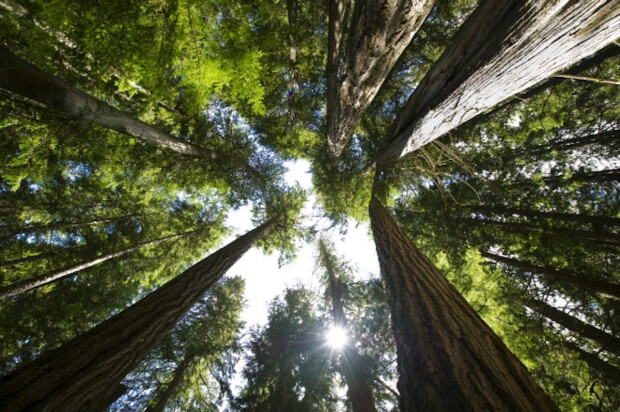
IF AN OLD-GROWTH TREE falls in the forest and is turned into sawdust, does anyone one care?
Not if the tree is in the B.C interior.
Yet, here in the interior, our trees are being ground up into pellets and sent to the UK where they are burned to produce electricity. The plant owners claim they are “sustainable and legally harvested.”
Burning trees is supposed to be carbon neutral but not when it takes minutes to burn and decades to grow. And they will probably never store the amount of carbon that the old trees did.
The UK plant emits 12 million tonnes of carbon dioxide a year but doesn’t have to add it to their emissions total. International carbon accounting rules state that greenhouse gas emissions from burning wood are counted in the country where the trees are felled as opposed to where they are burned.
B.C. allows the illegal plunder of our forests and Canada has to add the CO2 emissions to our total. Doesn’t sound sustainable to me.
The pellets are supposed to come from sawdust and sawmill residues, with the rest coming from forestry residues and low-grade logs.
In fact, good logs are being cut from old-growth forests and turned into pellets.
A BBC crew filmed logs being taken from what owners of the UK plant call, in a stroke of deception, “primary forests.”
Let’s not kid ourselves. There’s no mistaking them as old-growth. The trees fit the definition of old-growth as: “unique habitats, structures and ecological functions”.
Of course, the label of “old-growth” is usually reserved for the grand old trees on the coast where environmentalists chain themselves to trees in order to protect them.
But no one even seems to notice the levelling of old-growth forests around Prince George.
One example is an 87-hectare cut block called EM807M 300, kilometres west of Prince George. Although a timber company held the licence for the site, logging records show that owners of the UK plant took 26 per cent of the harvested wood.
The BBC investigative team found that the UK company took more than 40,000 tonnes of wood from old-growth forests in 2023.
Ninety per cent of that cut block had the even higher classification of “priority deferral area”. This category is for old-growth forests that are “rare, at risk and irreplaceable”, according to an independent panel of experts in British Columbia.
The experts have recommended that logging should be paused in priority deferral areas. The British Columbia government says it is working to ensure more old growth is deferred and protected.
All talk, no action.
What could address this travesty are new federal laws to combat greenwashing — claims that do not stand up to scrutiny such as vague and misleading language like “clean energy solutions” or “low-carbon future.”
The forestry sector is greenwashing in its claim that burning wood reduces carbon emissions anytime soon. By the time the trees grow to the point where they suck up the CO2 released in their burning, the trees will likely be consumed by wildfires created by our climate emergency.